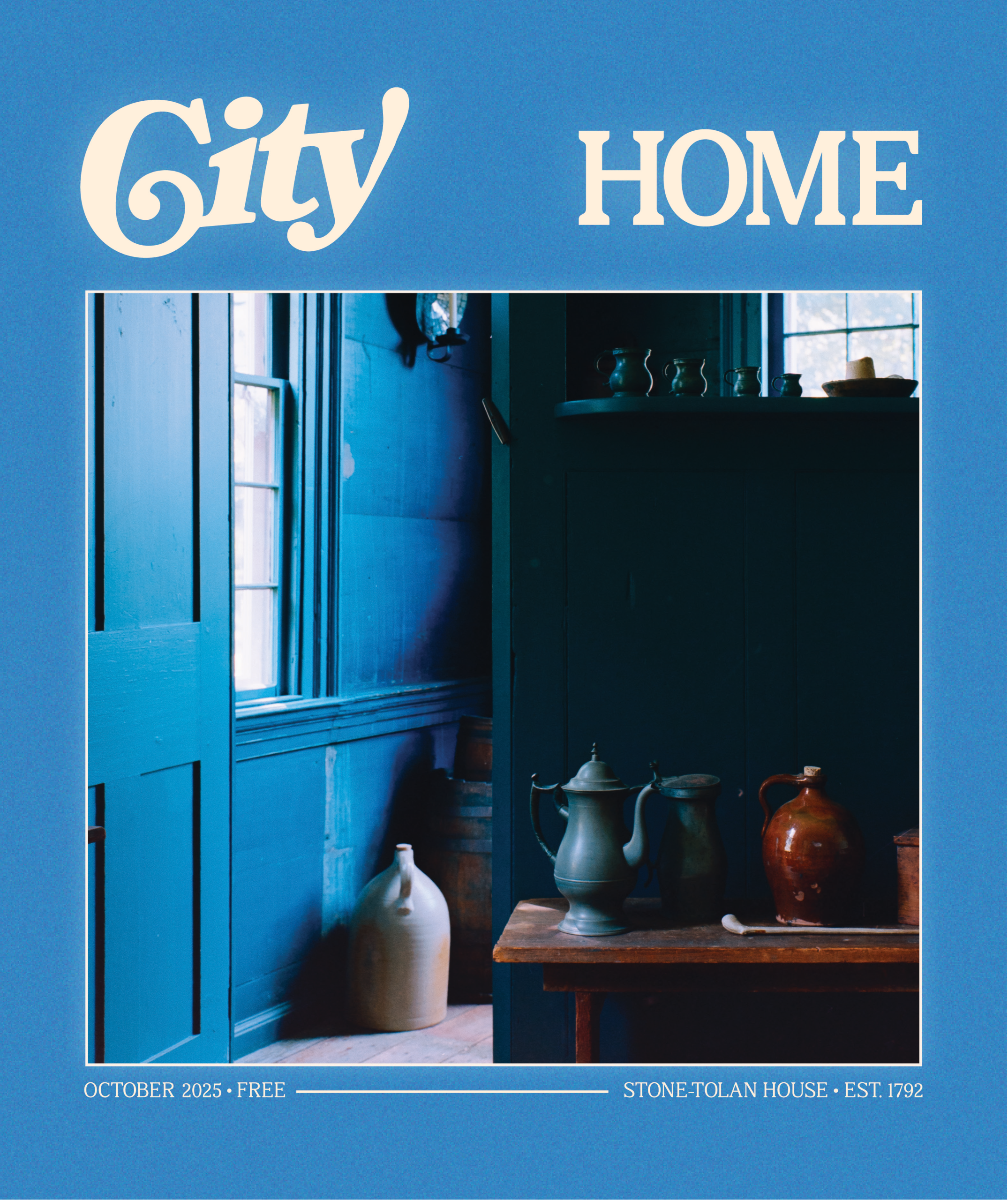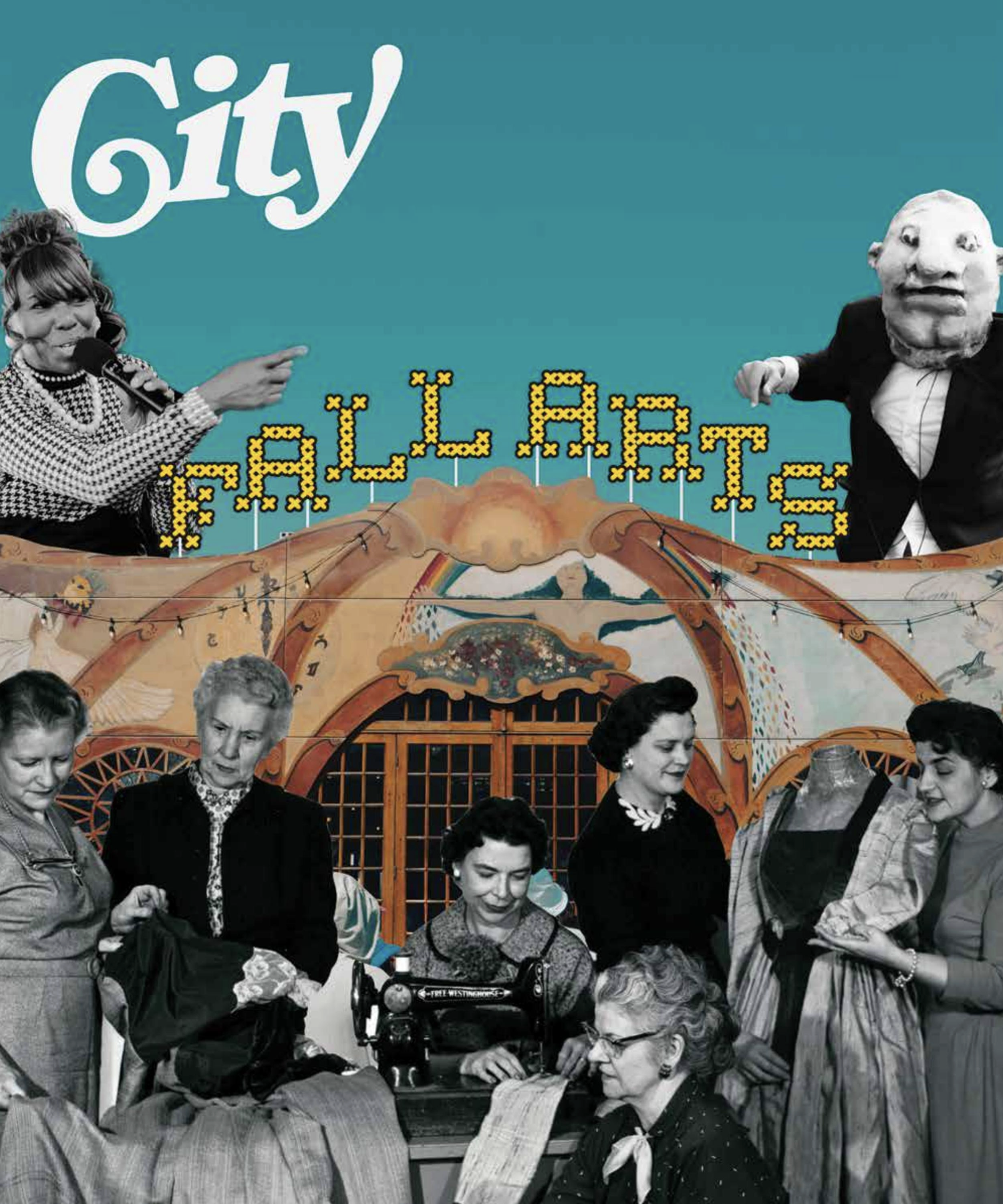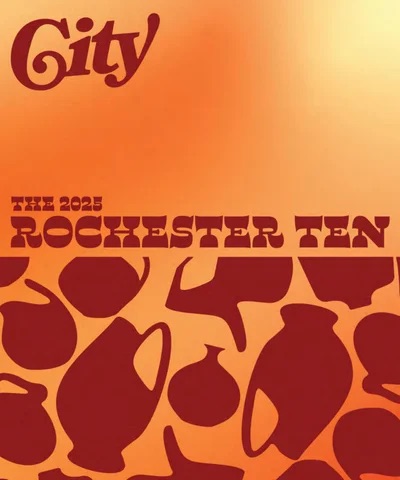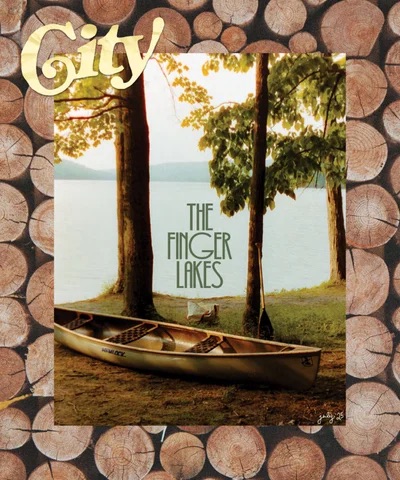Two
weeks ago, William Yager, owner of Roselawn Galleries in Pittsford, was
arrested and charged with selling counterfeit art online. I was instantly curious,
of course, about the details. What kind of counterfeit are we talking about? Fakes? Copies? Is there a difference?
At least in principle, a work of art
has always been reproducible. Historically, part of an artist’s training
included making copies in the studio of the work of his master. The master,
too, might make his own copies. We know the Romans reproduced in marble their
favorite Greek bronzes. Later, cuts into woodblocks could produce multiples of
the same incised images. These prints were soon followed by engravings and
etchings in the Middles Ages and lithography in the 19th century.
During the Renaissance, wealthy
patrons and collectors like Isabella d’Este built impressive collections of
terra cotta figurines and bronze statues, medallions, and coins — art works
that could be produced in quantity and therefore represented in more than one
collection. Still, these were objects of desire, of status. They came into
existence as indicators of the intertwined processes of capitalism and social
integration (or the lack thereof).
Long before the internet even
existed — 1936, to be exact — German literary critic Walter Benjamin wrote
his eminent essay, “The Work of Art in the Age of Mechanical Reproduction.”
Benjamin’s concern was not how to
mechanically reproduce art, but rather, with the impact of mass reproduction on an original work of art, like Da
Vinci’s Mona Lisa. For Benjamin, it
was the authenticity, the ritual function, of such a famous object that was
compromised by reproduction. In other words, “that which withers in the age of
mechanical reproduction is the aura of a work of art.”
So, what exactly was Yager selling
or, allegedly, reproducing? His clients believed they were buying original
works — paintings and drawings — by esteemed Impressionist artists Edgar
Degas and Mary Cassatt, among others. Prints would be much easier to trace —
especially when you’re dealing with really well-known artists.
But if you’re interested in a print,
local appraiser and art consultant Roz Goldman says you should immediately
consult a catalogue raisonné, where, if it’s a
legitimate print, you’ll find all the descriptors you need: exact dimensions,
date, how and where signed….
Proving the authenticity of a
drawing is harder because it’s unique, but, again, check out the signature and
the style. With any work of art you’re considering for purchase, ask about the
provenance or history of the work in question; is there a record of the passage
of the item through its various owners?
But if art has always been
reproducible, then what’s the big deal about buying a fake (which isn’t
technically a “fake” per se but maybe a copy)? I mean, so what if I have just a
copy of an original drawing by Picasso? Don’t I still have claim to a certain
kind of status? Am I not sensitive to creativity and imagination? Am I not
worthy of peers who own the original?
More and more, technology is
becoming a part of the production of works of art. And that same technology is
also responsible for what Benjamin referred to as “the decay of the aura.”
Mechanically reproduced copies destroy the distinctiveness and rareness not
only of the original itself, but also the context from which it came. That
context was a specific time and place, which, in turn, is how and why the original
can claim cultural authority and authenticity. The uniqueness of the original
cannot be separated from history and all its constructed traditions.
So I guess it does matter whether you have an original or a copy. After all, the
true collector is in the business of amassing aura.
This article appears in Mar 17-23, 2004.






